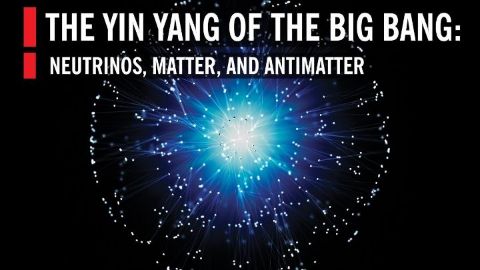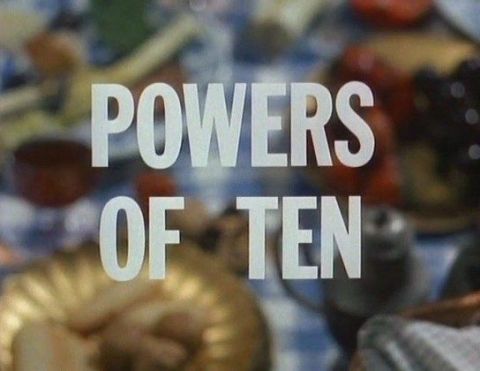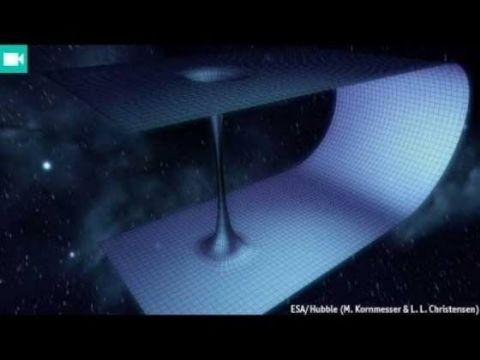You might also like
What happened to all of the universe's antimatter? Can a particle be its own anti-particle? And how do you build an experiment to find out? In this program, particle physicists reveal their hunt for a neutrino event so rare, it happens to a single atom at most once every 10,000,000,000,000,000,000,000,000 years: far longer than the current age of the universe. If they find it, it could explain no less than the existence of our matter-filled universe.
World Science Festival • 2019 • Physics
A scientific film essay, narrated by Phil Morrison. A set of pictures of two picnickers in a park, with the area of each frame one-tenth the size of the one before. Starting from a view of the entire known universe, the camera gradually zooms in until we are viewing the subatomic particles on a man's hand.
1977 • Physics
The equations of physics suggest time should be able to go backwards as well as forwards. Experience suggests, though, that it cannot. Why? And is time travel really possible?
The Economist • 2015 • Physics
Caught up in the race to discover the atom’s internal parts — and learn how they fit together — a young British physicist, Harry Moseley, uses newly discovered X-rays to put the Periodic Table in a whole new light. And a young American chemist named Glenn Seaborg creates a new element — plutonium — that changes the world forever, unleashing a force of unimaginable destructive power: the atomic bomb.
Part 3 • The Mystery of Matter: Search for the Elements • 2015 • Physics
Jim Al-Khalili investigates the amazing science of gravity, recreating groundbreaking experiments, including the moment when Galileo first worked out how to measure it. He investigates gravity waves, finds out from astronauts what it's like to live without gravity, sets out to find where in Britain gravity is weakest and so where we weigh the least, and helps design a smartphone app that volunteers use to demonstrate how gravity affects time and makes us age at slightly different rates.
2017 • Physics





